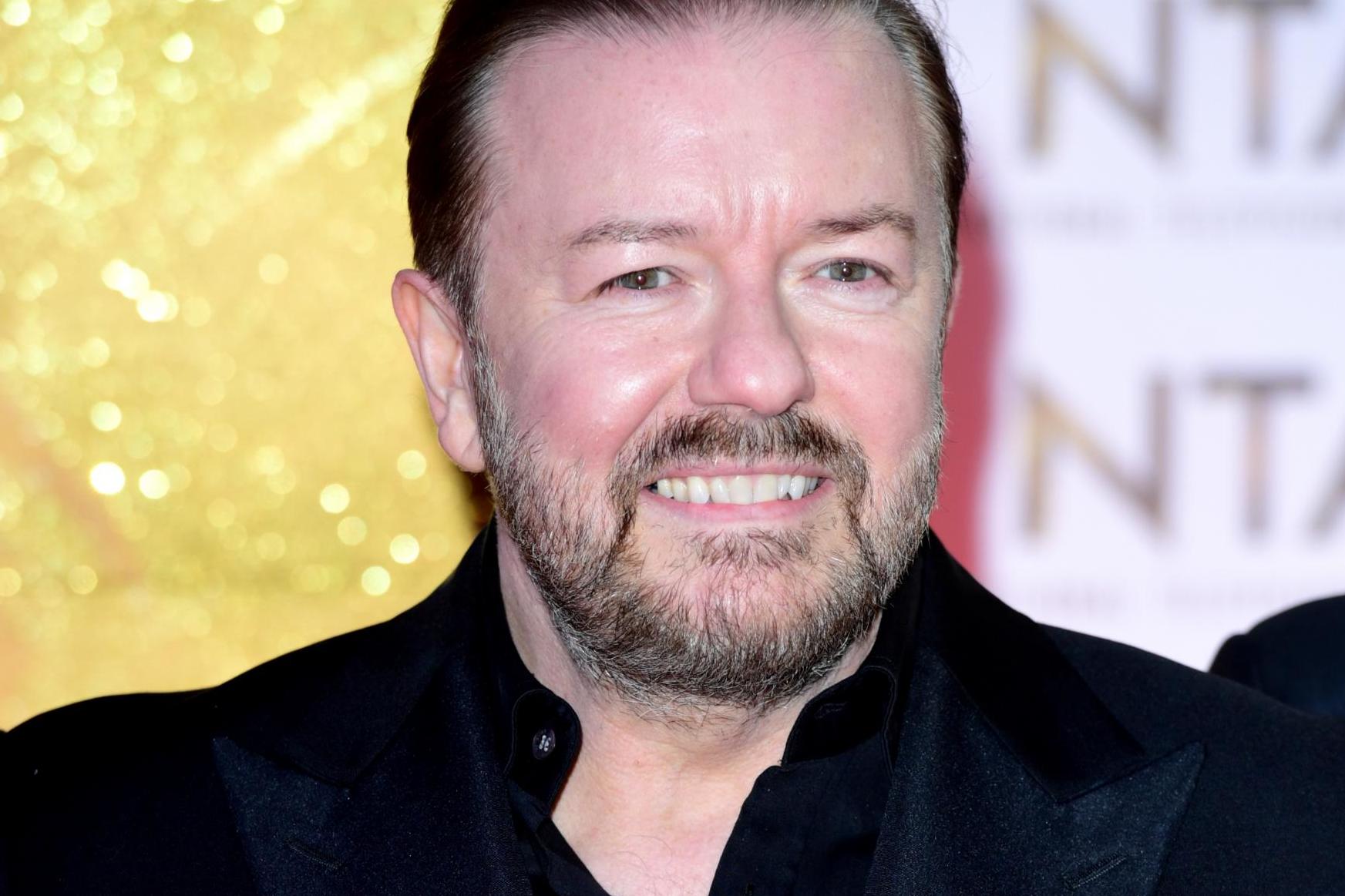This website uses cookies so that we can provide you with the best user experience possible. Cookie information is stored in your browser and performs functions such as recognising you when you return to our website and helping our team to understand which sections of the website you find most interesting and useful.

Ricky Gervais is calling for an end to wildlife “wet” markets amid the coronavirus pandemic and warned that if the consumption of wild animals continues, “this will happen again”.
The coronavirus outbreak is believed to have originated at a market in Wuhan, China, where live animals were sold, and made the jump to humans from animals kept in close proximity.
This weekend, The Independent launched a campaign calling for an international effort in creating tighter restrictions on wildlife markets and the trade of wild animals to reduce our risk of future pandemics.
On a livestream from his Twitter account this weekend, the comedian and actor, 58, reassured people that life would get back to normal but warned that this would not be the last pandemic.
Mr Gervais said: “This will happen again. The wet markets are already opening in China and other parts. They are already getting back to it. This comes from animals, like all the other things, MERS and SARS... it comes from animals and f***ing eating things you shouldn’t. I don’t know what to do. What can I do? I’m annoyed at sunbathers so if I saw a wet market, I don’t know what I’d f***ing do.”
The comedian also told The Mirror: “We can’t carry on exploiting animals, eating wildlife and trashing the planet. The wildlife trade and markets have to close, otherwise it will be a case of when, and not if, we have another global pandemic.”
The newspaper published pictures this weekend of bats, snakes and dogs being sold on the street in North Sulawesi, Indonesia.
Mr Gervais posted a video message in support of International Animal Rescue and retweeted a link to Humane Society International’s call for a permanent ban on wildlife trade.
A study last year found that one in every five vertebrate species are traded as pets or to be used as products in countries around the world, putting nearly 9,000 species at risk of extinction.
Along with the United Nations biological diversity chief, Elizabeth Maruma Mrema, and renowned conservationist and UN “messenger of peace”, Dr Jane Goodall DBE, The Independent’s campaign asks that governments work together to impose stricter controls on the trade, sale and consumption of wild animals.
There are now 1.7m confirmed cases around the world, according to the World Health Organisation (WHO), and more than 108,000 people have died from the disease.
Some 241 conservation and animal welfare groups have asked leaders of WHO to take action on “a permanent global ban on wildlife markets and a highly precautionary approach to wildlife trade”.
Previous zoonotic diseases, those transmitted from animals to humans, have been linked to wildlife including HIV, Ebola, Sars, Mers and Zika. Environmentalists told The Independent last month that coronavirus will not be the last pandemic to wreak havoc on humanity if we continue to ignore links between infectious diseases and destruction of the natural world.



 Africana55 Radio
Africana55 Radio 

